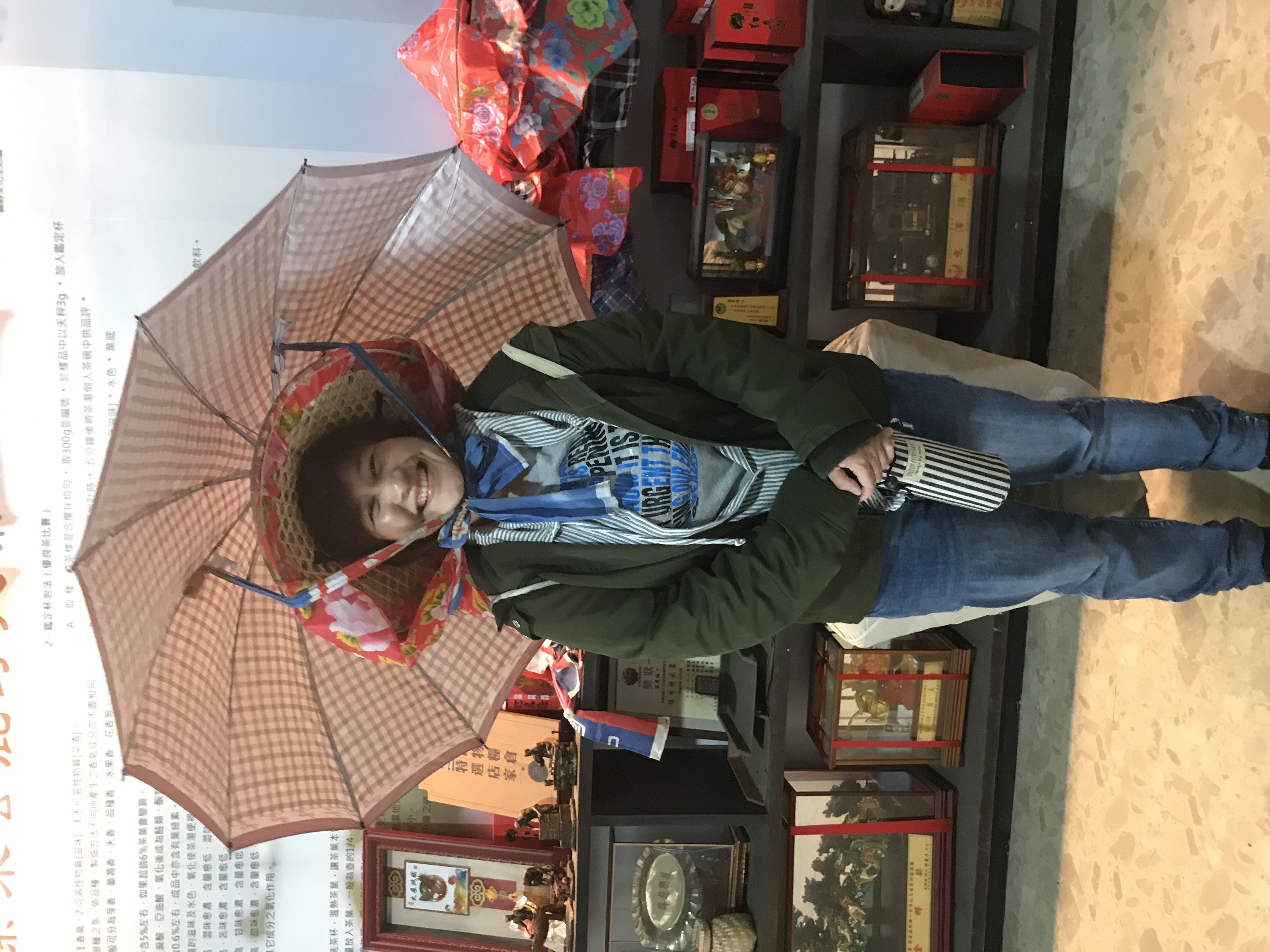|
In the course feedback, students expressed that it’s a wonderful opportunity to know the frontline leaders of the local enterprise or association directly. These grass-root organizations show incredible ability to cope with social/global challenges, which inspire them a lot about the sustainable development of human society.
|
2. Do you have idea to help the local organization to create new opportunity?
-
I have a few suggestions which may be a method for increasing visitors to the Luye area. Some locations now have invested the time and expense in adding some colour to the environment in the form of painting up old housing in bright colours or adding some very colourful graffiti drawings to bare expanses of wall. Adding some colour would be to paint the older buildings in a bright, lively colour, something that is quite Hakka in concept, much of their costumes, temples and book illustrations display this love of bright colours. Alternatively, an artist could be employed to give the plain expanses of walls a lively colourful picture (which would have adaptions of deer habitat) or a rainbow picture which sometimes are attractions in themselves, to bring tourists to the location for an opportunity for some group “selfies” or portraits against the background of a colourful picture. In some areas of Western Taiwan, it has been quite successful in putting places on the “must visit” map.
Another area for consideration would be in music performances, more of traditional Chinese instruments playing together (again drawing on the Hakka element). Set performances at times when tourists would be able to gather and appreciate a musical piece, which could also involve any elder villagers who have the knowledge of musical instruments. This could involve the Primary school students organizing and becoming a talented group of players of traditional Chinese instruments or stringed instruments.
A further idea would maybe to see if they could develop the Japanese elements of the village with whatever constructions or houses that are left and available. Japanese people may be interested to see what would be considered a left-over of the Japanese era and it’s influences in the local area. Again it’s possible that the Primary school could become involved and become a talented group of taiko drummers, performing for Japanese visitors.
For the rice Co-operative in Fuli to expand their market base, with this name “Manna” I think would be very attractive to any Churches in Taiwan. The link between the word and the Church is that strong that I at first though that it must already have the Church organization behind it. So, any connection to the Elder’s church or Catholic church should be explored. The churches are a small section of the Taiwan population but tend to be very insular in their support of things that are sanctioned by their organization. Also, they are more likely to be interested in adapting to more “healthy” rice, even if it is a little more expensive. Any Christian people on the Committee should indeed pursue this concept of supplying “Manna” rice to the congregations.
Similarly, schools are numerous and a potential large market so I would encourage any contacts with the school-catering channels with persistence to encourage a change to eating more healthy rice and food generally.
-
In my point of view, the most important factor is the government’s support and community’s network. The government may support the local organization by providing suitable financial and manpower as necessary. This is also including promoting policy and chance to introduce the local organization to the outsider or other communities. So they can join and share an experience to each other that is possible to make a local organization stronger with a capability to improve their own community in the long term.
-
Strongly connect with schools to have a good education service.
Promote information about local organizations to foreigners to develop tourism.
-
By far, my assessment of the activity is great. Though I can also identify that I am still having difficulty in catching up with conversations as I don not have a Chinese language background.
|






